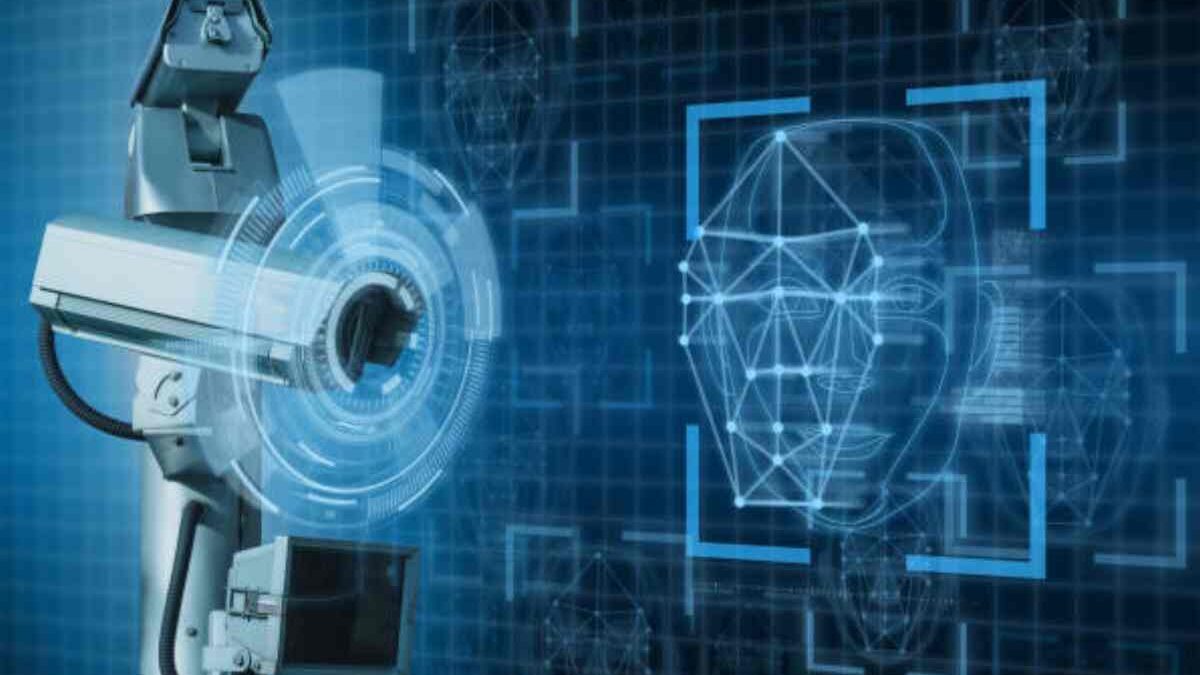If a Local Tech Industry Critic has his way, San Francisco could become the first US city to ban its agencies from using facial recognition technology.
Aaron Peskin, a member of the city’s Board of Supervisors, proposed the ban Tuesday as part of a suite of rules to enhance surveillance oversight.
In addition to the ban on facial recognition technology, the ordinance would require city agencies to gain the board’s approval before buying new surveillance technology, putting the burden on city agencies to publicly explain why they want the tools as well as the potential harms.
It would also require an audit of any existing surveillance tech—things like gunshot-detection systems, surveillance cameras, or automatic license plate readers—in use by the city; officials would have to report annually on how the technology was used, community complaints, and with whom they share the data.
Table of Contents
A Bold Step Toward Privacy Protection
San Francisco became the first large city in the world to forbid government agencies from using face recognition technology in a historic ruling that established a precedent for the rest of the world. The ruling, which was approved by the city’s Board of Supervisors in 2019, was a watershed in the ongoing discussion concerning civil rights, technology, and privacy in the digital age.
Growing worries about data exploitation, surveillance, and the possibility of bias in AI systems were mirrored in the action. Critics contend that facial recognition poses significant hazards to privacy and individual liberties, despite the fact that it has been praised for improving security and law enforcement capacities. The prohibition in San Francisco served as a reminder of how crucial it is to strike a balance between ethical duty and technological progress.
Why San Francisco Took the Step
Analyzing facial traits and comparing them to databases of stored photos is how face recognition systems operate. Despite being extensively utilized at retail establishments, airports, and internet platforms, research has revealed that the technology is far from flawless. Women and people of color are frequently harder for facial recognition algorithms to detect, according to research from the MIT Media Lab and other groups.
These findings raised concerns in a city renowned for its progressive policies and multiculturalism. Concerns were voiced by lawmakers and privacy advocates that the technology would increase government surveillance in ways that jeopardize civil liberties, perpetuate racial bias, and result in false arrests.
The bill’s sponsor, San Francisco Supervisor Aaron Peskin, stressed that the intention was not to stifle innovation but rather to make sure that potent technologies weren’t utilized carelessly. He stated during the discussions that “we can have good policing without being a police state.”
What the Ban Includes
In addition to forbidding the use of facial recognition by local agencies, including the police, the “Stop Secret Surveillance Ordinance” requires Board of Supervisors approval prior to the adoption of any new surveillance technology.
The goal of this transparency step was to make sure that any future use of surveillance techniques would be justified and freely addressed. However, the ban had no effect on private companies or people, who were still able to utilize facial recognition technology for either personal or professional reasons.
Global Impact and Reactions
The tech industry was rocked by San Francisco’s audacious choice. It prompted similar prohibitions in other cities, such as Oakland and Somerville, Massachusetts. It sparked discussions on the moral boundaries of surveillance technologies all around the world.
Civil rights organizations applauded the ruling, claiming that if facial recognition technology is used unrestrained, it may lead to a society where people are always being watched. However, some law enforcement organizations voiced worries that the prohibition may make it more difficult for them to deter and investigate crimes, particularly in a city with complicated public safety issues.
Numerous tech firms with headquarters in the San Francisco Bay Area were split up. Some contended that regulations shouldn’t hinder innovation, while others recognized the necessity of moral standards and impartial institutions.
The Larger Debate: Security vs. Privacy
A broader discussion about how much privacy people are willing to give up for security was rekindled by San Francisco’s action. Face recognition proponents claim that it can expedite airport security, stop terrorism, and assist in the search for missing people. Critics respond that these advantages do not outweigh the risk of abuse or the degradation of individual privacy.
Technology should benefit people, not the other way around, as the city’s choice offers as a reminder. The world will turn to San Francisco as a model for developing regulations that support both innovation and civil rights as AI and surveillance systems continue to progress.
Conclusion
San Francisco established a distinct boundary between innovation and intrusion by being the first city to outlaw facial recognition technology. The restriction is a call for ethical monitoring and accountability rather than a rejection of technology. It draws attention to a fundamental reality of the digital age: advancement must never come at the expense of individual liberty and dignity.

